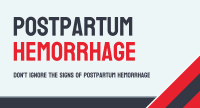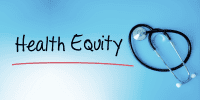Happy 2019! This first issue of the new year features some articles that are top of mind for many nurses. Our continuing nursing education article provides detailed information about medication-assisted treatment for opioid use disorder, including about specific medications and protocols related to nurse practitioner care. Another topic that needs to be brought to nurses’ attention is the emerging threat of Candida auris, a difficult to identify and treat infection.
And three articles come from Magnet-recognized organizations. The authors share stories of evidence-based practice implementation on several topics—peripheral IV rotation, near-peer mentoring, and oral cancer treatment tracking. Other articles cover verbal de-escalation techniques for dealing with violent patients and family members, tips for transitioning from a clinical nurse to leadership role, and how to know whether you’re the bully at work (and what you can do to fix that).
Click here to access the digital edition


















1 Comment.
Your January 2019, vol 14, article titled “What if you’re the bully?” was a brilliant read and an eye opener to all nurses across the globe. The author patiently captured the workplace menace that could impact how nurses function and provide high quality nursing care if bullying is not curbed. Most importantly, it could jeopardize patient experience and overall desired outcomes.
In my personal opinion, nurse managers could go a step further to introduce the self assessment tool during new hire orientation. It could also be introduced during unit council meeting to generate a healthy conversation that could shed some light on the magnitude of the problem.
Or, perhaps, we should all muster some courage to take Dr. Cynthia Clark’s Workplace Civility Index Assessment Tool to determine where we all stand as front line staff, nurse executives, or as independent provider with licenses.
Besides, the assessment tool has a larger goal to achieve that was not highlighted. That is, to make us better individuals not only at our workplaces, but at home fronts and in our communities.
Lydia O. Falade, MSN, MHA, RN
St Paul, MN